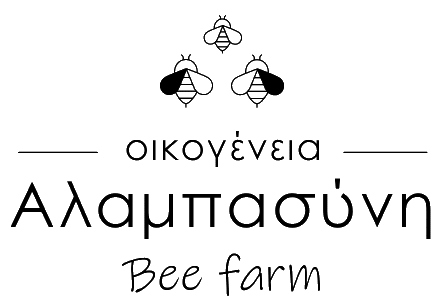FAQ
What is unheated honey?
Unheated honey is that which is collected from the honeycomb and provided to the consumer exactly as it is produced, without undergoing any processing. The heating of honey destroys most of the nutrients it contains, thus reducing its nutritional value.
Why does honey crystallize?
Crystallization is a natural property of honey that does not cause a change in its nutritional and biological value. Only in external characteristics of color and texture. It is a characteristic of pure, unprocessed honey.
The crystallization of honey is due to the presence of micro-particles of pollen and wax in the honey. Factors that can accelerate the crystallization process are: glucose and water content. The higher the glucose content and the lower the moisture content, the faster the honey crystallizes. Each type of honey has a different crystallization time ranging from 1 to over 24 months.
How to de-crystallize honey?
The process to de-crystallizing honey is simple. Crystallized honey liquefies in 'ben-marie', at 45-50 Degrees Celsius, without losing any of its nutritional value. Alternatively, you can place the jar with the lid open in the oven at 40 degrees Celsius until it liquefies.
Does the honey have an expiration date?
Although the law stipulates that the label must have an indicative expiration date - usually two years after its production - honey does not deteriorate with time. Given that is maintained in suitable conditions (cool place, without odors, away from light and heat exposure). The combination of honey’s rich antibacterial and antimicrobial action kills all microorganisms that come in contact with honey, making honey "immortal".
How many calories is a spoonful of honey?
One tablespoon of honey contains 60-70 calories.
Can I feed my child honey?
Children under one year of age are not allowed to consume honey. After the age of one, your kids can consume it as part of their daily diet. Honey is a super food for your child due to its extremely high nutritional value combined with its natural sweet taste and is an ideal sweetener, instead of sugar. You can include it in their breakfast and use it to make healthy desserts to meet your child's needs for something sweet, tasty and nutritious.
Why should I prefer Greek honey?
The climatic conditions of Greece contribute to the development of a diverse flora with many different species of flowers and trees, from which bees produce honey. In addition, the dry-thermal climate of our country plays a decisive role in the low humidity of Greek honey in comparison to other honey. Additionally Greek honey is produced using nomadic techniques, thus Bees come in contact with a variety of flowers. Whereas, in other countries single-flowered crops from which Bees produce honey. The different types of Honeys produced in Greece, each have its own identity, aroma and unique properties.
Greece is a country has a long standing tradition in beekeeping, passed on from generation to generation, with love and commitment, combining tradition with quality. By buying Greek honey, we can practically support the Greek beekeepers and their families. As well as, an effort by the younger generation to engage in beekeeping and stay in their home town, continuing the tradition. Supporting Greek honey has beneficial consequences for society, the economy and the environment.
